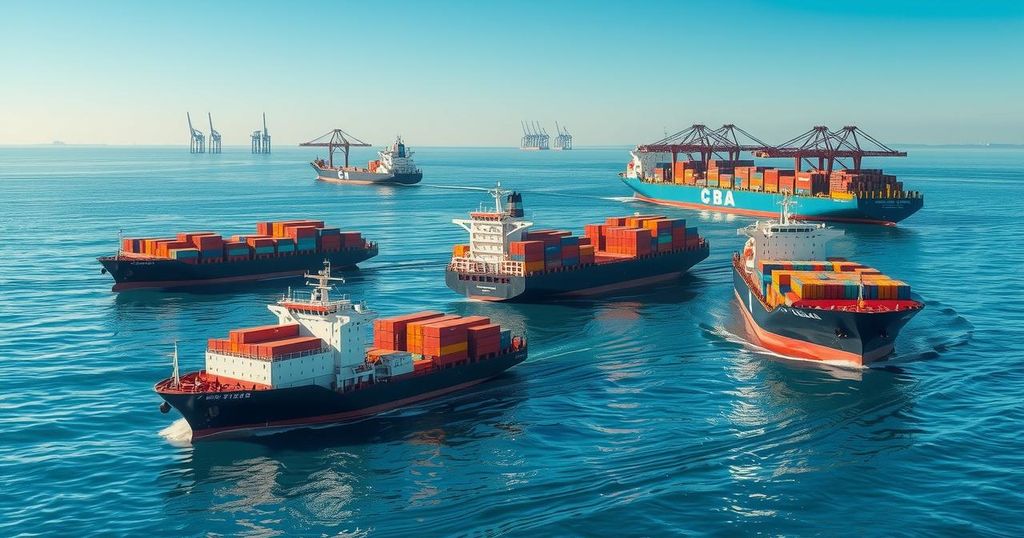Brazil’s President Lula declares that any U.S. tariffs will be reciprocated, emphasizing the need for mutual respect and indicating potential responses to growing protectionist policies from the Trump administration. The discourse reflects broader implications for trade relations between the U.S. and Latin American nations amidst rising tensions.
Brazilian President Luiz Inacio Lula da Silva has stated that his administration will respond proportionately to any tariffs imposed by the United States. At a press conference in Brasilia, he emphasized the importance of mutual respect in international relations, especially in light of President Donald Trump’s recent threats to increase tariffs. Lula expressed his commitment to maintaining a respectful dialogue between the two nations, asserting, “If he taxes Brazilian products, there will be reciprocity.”
These statements reflect a broader concern that Trump’s tariff policies could incite a trade conflict with U.S. allies. Lula’s position aligns with potential responses from other Latin American leaders facing similar U.S. trade pressures. Trump has previously portrayed tariffs as a way to benefit local industries while compelling foreign nations to adhere to U.S. demands regarding manufacturing and migration policies.
The recent tension escalated when Trump threatened large tariffs against Colombia, following President Gustavo Petro’s refusal to permit a U.S. military flight carrying undocumented immigrants to land. This incident highlights the trade-off dynamics and diplomatic challenges facing Latin American nations as they navigate U.S. policies.
Additionally, Trump has indicated he will pursue significant tariffs on Canada and Mexico, asserting that U.S. interests should take precedence. He regards these tariffs as a method to encourage neighboring countries to enhance border security against drug trafficking, migration, and asylum issues.
Concerns over trade deficits are prevalent; however, experts argue that they do not necessarily indicate an unhealthy economic relationship, as they may be influenced by various factors, including consumer demand. Trade dynamics between the U.S. and Brazil include significant exports of agricultural products to the U.S. while Brazil imports U.S. energy products and pharmaceuticals.
Furthermore, a potential trade war spurred by U.S. actions may inadvertently create opportunities for other countries, such as China, to deepen their economic ties with Latin America, further shifting the region’s trading landscape.
The piece focuses on the recent statements from Brazilian President Luiz Inacio Lula da Silva regarding potential U.S. tariffs. It outlines the implications of Trump’s protectionist policies and the historical context of U.S.-Latin American relations. The article further discusses the economic dynamics between the U.S. and Brazil, including trade deficits and the possibility of China increasing its influence in South America amid rising tensions.
In summary, President Lula’s commitment to reciprocal actions against U.S. tariffs showcases a demand for mutual respect in international relations. The possibility of a trade war raises concerns about economic stability and power dynamics in the region. Moreover, the trade relations between Brazil and the U.S. highlight the complexities of global economics, especially against the backdrop of Trump’s America First agenda and the growing prominence of China in Latin America.
Original Source: www.aljazeera.com




